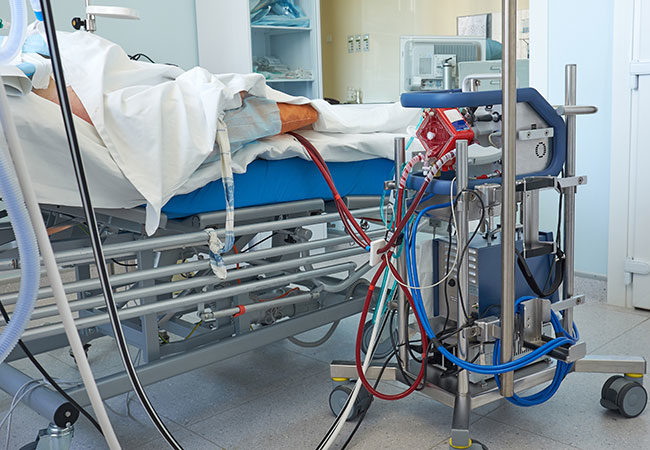Parkinson’s damages the neurons in the brain. These neurons send signals to the body regarding mood, movement, and many more. Treatments available for this condition will not offer a cure but reduce the symptoms. You can take medications such as “Levodopa” to treat the condition and symptoms.
But when oral medications don’t offer the desired results, you can opt for Parkinson’s disease surgery to get relief from the condition. The best surgical procedure to reduce the effect of symptoms is DBS. In this article, you will understand the risks and benefits of the surgical procedure for Parkinson’s Disease.
How is Parkinson’s Disease Diagnosed?
This affliction can be diagnosed by several specialists:
- Neurosurgeon
- Psychiatrist
- Neurologist
- Neuropsychologist
Individuals who suffer from the condition have to go through various tests for motor symptoms to check the severity of the condition. For epilepsy testing, you might have to undergo advanced testing known as “electroencephalography.” You might also need the “neuro-psychology evaluation.”
Additionally, patients who have OCD [Obsessive-Compulsive Disorder] have to complete the YBOCs [Yale-Brown Obsessive Compulsive Scale] testing. Before the surgery, you have to also undergo:
- Urine and Blood Tests [To detect abnormalities and toxins]
- CT and MRI Scans [These will help physicians target the exact region of the brain to give you relief from your symptoms. ].
- Medical Clearance
Parkinson’s Disease Surgery: How Will You Benefit?
When you wish to treat Parkinson’s disease surgically, you will get many benefits through it. “Deep Brain Stimulation” is a primary surgical procedure that was pioneered back in the 1980s.
This procedure will reduce the slowness and tremors by placing stimulators in the affected areas of the brain. These stimulators will generate electricity to reduce these symptoms, and you will experience minimal side effects.
“Ablative Surgery” is another effective Parkinson’s disease surgery that can give you relief from the condition. This surgery will locate all the “ablates” and eliminate them to stop the tremors and other symptoms of this condition.
“Restorative surgery” or “transplantation” is beneficial for people with Parkinson’s disease. The surgeon will implant dopamine-producing cells in specific areas of the brain.
The Risks of Parkinson’s Disease Surgery.
Even though opting for Parkinson’s disease surgery may be beneficial for you, there are many associated risks. Whether you opt for the DBS procedure or any other surgery to treat the condition, there is a high risk of experiencing swallowing issues, fluctuating blood pressure, delirium, and constipation.
Apart from that, you might be at a high risk of contracting UTI [Urinary Tract Infection] when you opt for surgery. There are several other risks, such as:
- Worsen the emotional or mental status
- 1% chance of brain haemorrhage and also stroke
- You will experience headaches
- Device malfunction
Consult your doctor to learn what you can expect from the surgery. It can also help you take apt steps so that you can prevent such problems from occurring.
How Will Parkinson’s Disease Affect the Recovery Process?
Chronic conditions or ailments will impact the recovery process after the surgery. Parkinson’s disease is no exception. Anesthetics and other medications utilized during the Parkinson’s disease surgery will interact with the medications for treating Parkinson’s disease.
You must coordinate the surgery-related plans with the physician. There is a high chance of complications after and during the surgery. As a result, surgeons have to conduct a complicated selection method to choose the right candidates for the surgery.
Is There Any Additional Treatment Needed After Surgery?
This disease cannot be cured through medication or surgery. But a study showed that several individuals who have Parkinson’s disease were rejected for “Deep Brain Surgery.” Consult your physician to learn about the results of the surgical and medical treatments for the stage and symptoms of this condition.
Conclusion
When you’re planning to treat Parkinson’s Disease surgically, you must prepare for it. Consult your physician to learn about the risks and benefits of surgical procedures.

